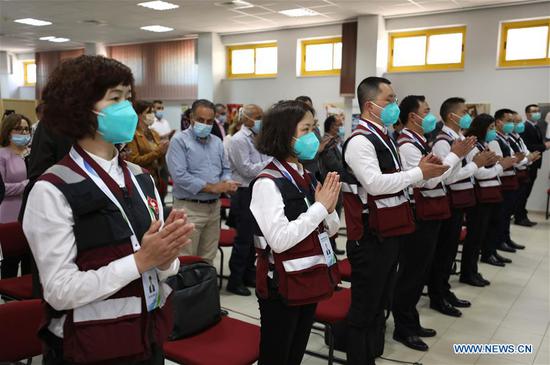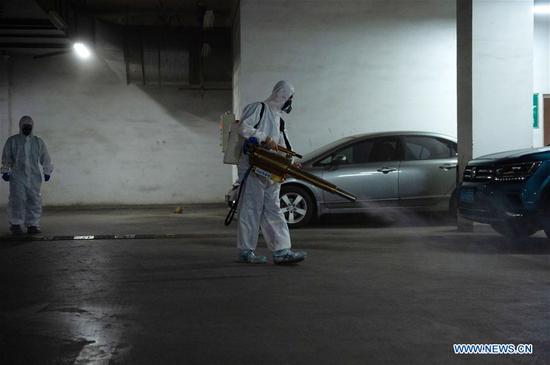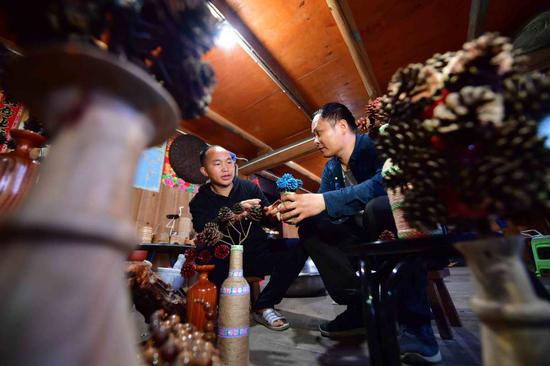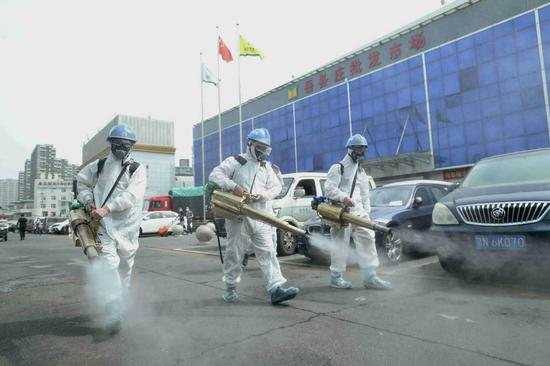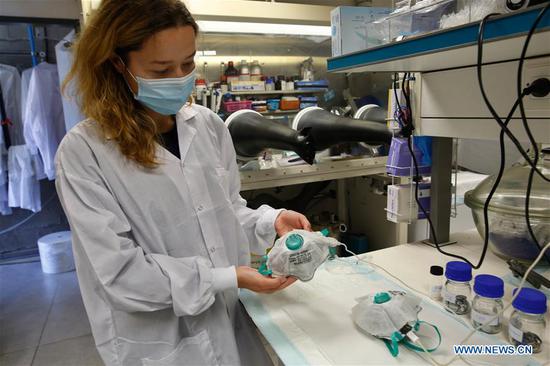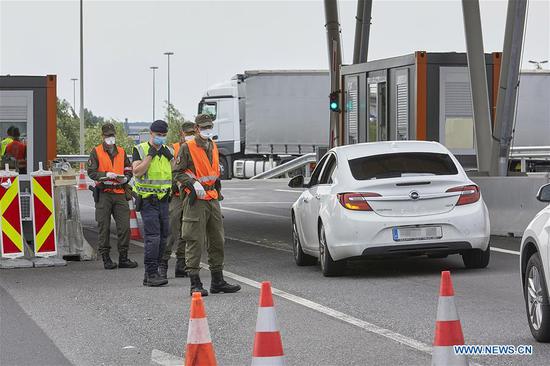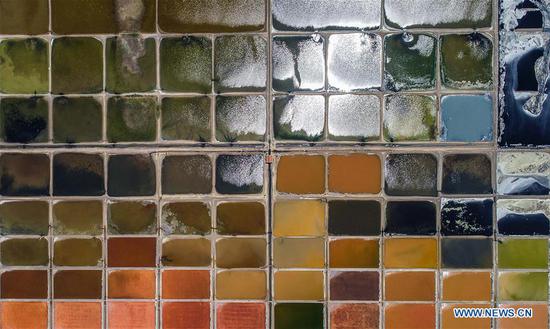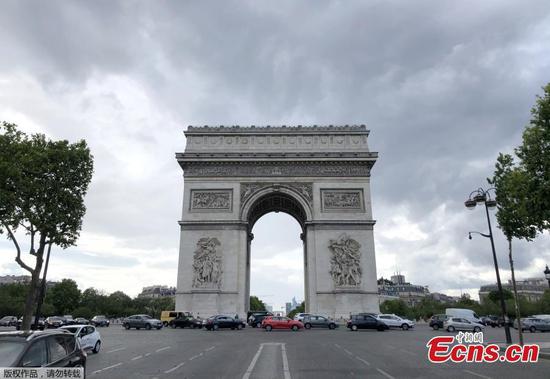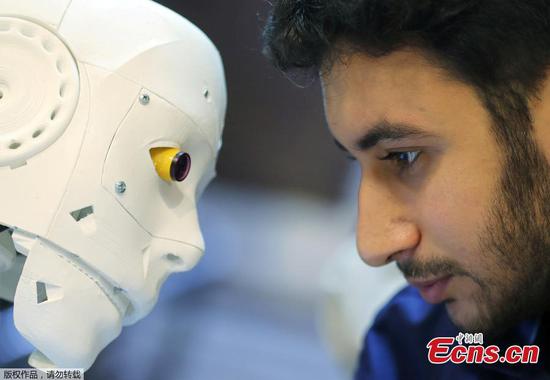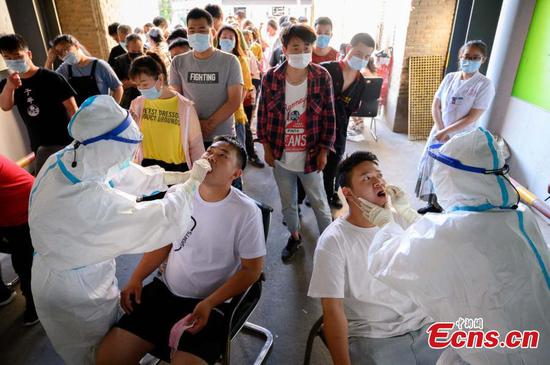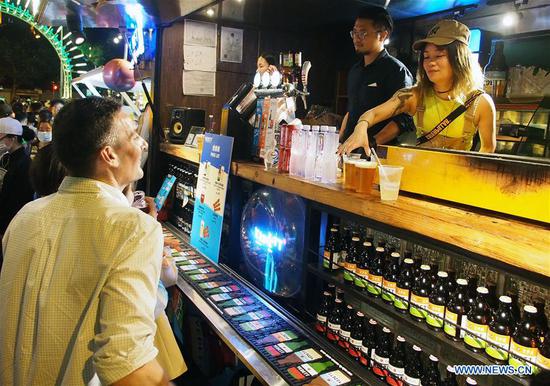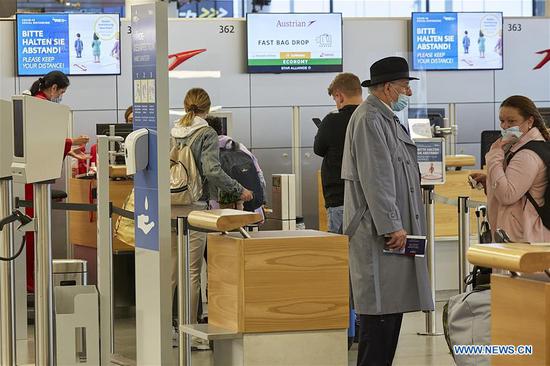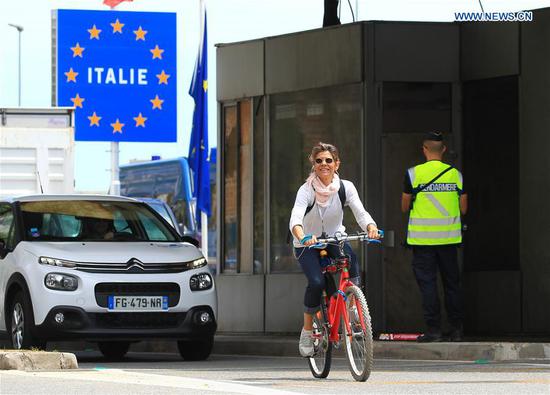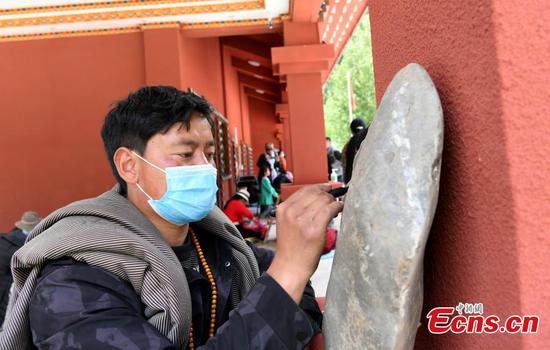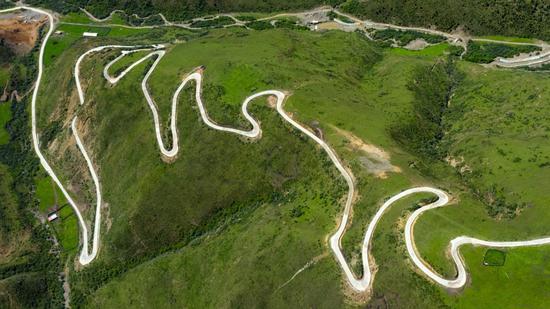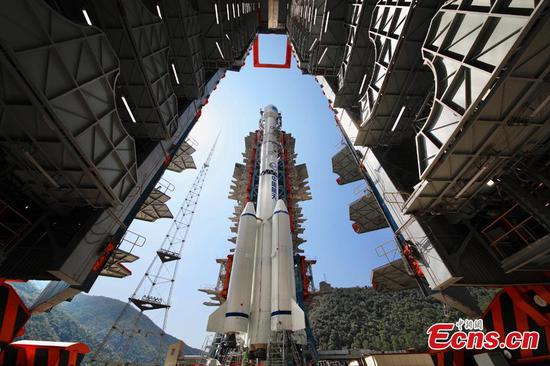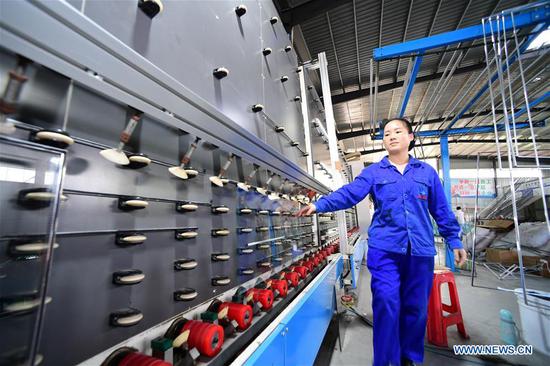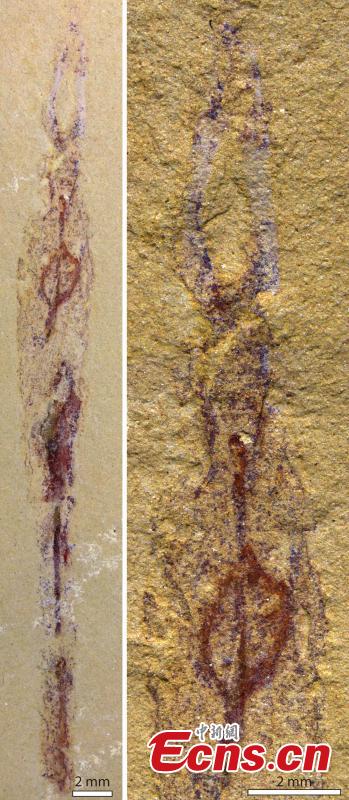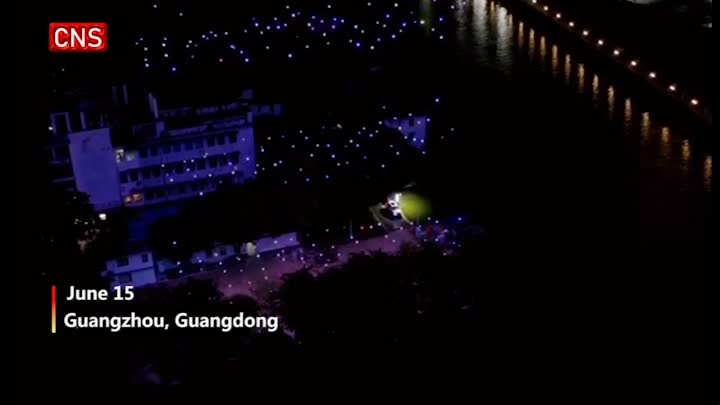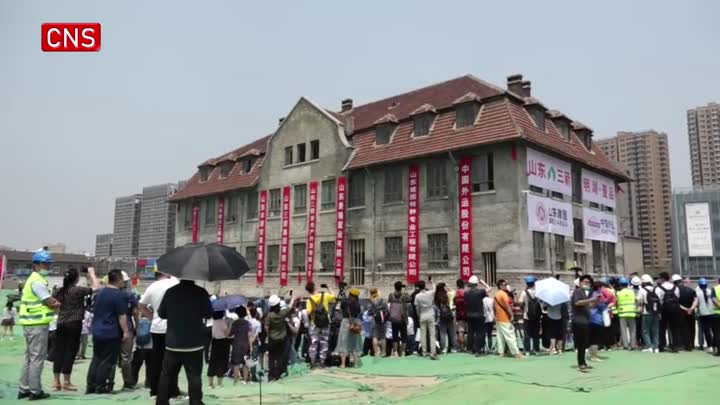House Majority Leader Steny Hoyer announced on Tuesday that the Democrat-led chamber will vote on making the District of Columbia the 51st state of the United States.
Speaking at a press conference, Hoyer said he and House Speaker Nancy Pelosi have agreed on that.
"This is not just an issue of local governance and fairness. It is a major civil rights issue as well," Hoyer said. "We must bring to an end the disenfranchisement of 700,000 American citizens."
Pelosi said that "this deprivation of statehood is unjust, unequal, undemocratic and unacceptable."
The Democrats' proposal, sponsored by Eleanor Holmes Norton, a non-voting delegate representing Washington, DC to the House, will be voted on June 26, she said.
It would be the first time either chamber of Congress has voted on the Washington, DC statehood bill since 1993.
Norton got the first-ever vote on the DC statehood bill in 1993. The bill currently has 224 co-sponsors.
US President Donald Trump, a Republican, has strongly opposed the idea, since Washington, DC is a Democratic stronghold.
"DC will never be a state," Trump said in an interview with The New York Post last month. "You mean District of Columbia, a state? Why? So we can have two more Democratic - Democrat senators and five more congressmen? No thank you. That'll never happen."
Republican opponents of DC statehood have argued that Washington, DC, as the seat of the federal government, plays a unique role in the country's legal fabric, and should therefore adhere to a unique set of rules.
As Republicans control the Senate, Norton's bill has little chance of being considered there.
Like other citizens living in states, Washington DC citizens pay full federal and local taxes, but they do not have representation and independence that the states have. But, unlike the states, when Washington, DC receives federal funding, it comes with directives on how the money should be spent.
Besides, Washington DC residents do not have voting representatives in the Senate or in the House.










